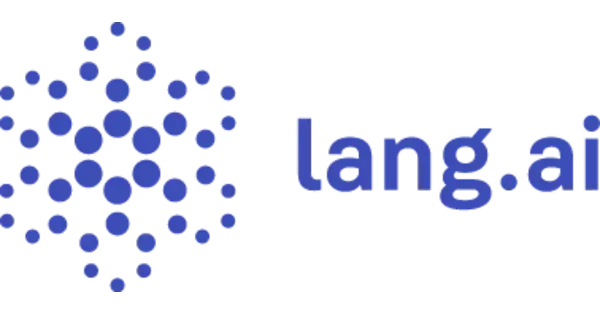Ready to launch your own podcast? Book a strategy call.
Frontlines.io | Where B2B Founders Talk GTM.
Strategic Communications Advisory For Visionary Founders
Conversation
Highlights
Building Against the Current: How illumex Created a New Enterprise AI Category
Most enterprise software companies target technical users first. In 2021, Inna Tokarev Sela decided to do the opposite – she bet that business users, not technical teams, should be the primary users of enterprise data systems.
In a recent episode of Category Visionaries, Inna shared how this contrarian view shaped illumex’s journey from startup to raising $13 million to pioneer a new category in enterprise AI.
The Controversial Beginning
After 12 years at SAP and 2 years at CISENSE, Inna saw firsthand how large enterprises struggled with data access. “I saw big companies really struggling to provide this self service access to data,” she explains. “Every data interaction always involves human being.”
This observation led to illumex’s founding mission: automate redundant data tasks and give business users direct access to enterprise data through a ChatGPT-like interface.
The Market Reality Check
illumex’s initial go-to-market strategy targeted high-growth software unicorns. But 2022 had other plans. “The market turned down and especially those companies broadened their budget,” Inna recalls. Rather than compromise their vision, they made a bold pivot to enterprise customers.
This meant pursuing “elephants” – major chip manufacturers, pharmaceutical companies, and large retail corporations. It was an uphill battle that took 18 months to land their first paying customer.
The Platform Imperative
A crucial lesson emerged during this period: enterprise data solutions can’t be built feature by feature. “For the offering that we provide to companies like the augmented data management and access, you really need to have small Swiss panel,” Inna explains. “It’s not enough to have just one fork or one component of the Swiss knife, you really have to have full offering which is minimal.”
This meant building a complete platform before they could effectively sell to enterprise customers – a significant investment that delayed their time to market but proved essential for long-term success.
Creating a New Category
illumex wasn’t just selling a product – they were creating an entirely new category called “generative semantic fabric.” Inna knew this from day one: “I realized from day one it’s category creation journey.”
To make this work, they had to translate their vision into terms the market could understand. “I was explaining, you know what we are catalog but automated and we are like this conversational tools, but you don’t need to model it to your data,” Inna shares.
The emergence of ChatGPT and broader generative AI adoption in 2023 finally created the context for their vision to resonate. As Inna notes, many people say “illumex built a surfboard before the generative AI wave came.”
An Unconventional Marketing Approach
While most startups rush to paid advertising, illumex took a different path. They focused entirely on thought leadership and community building through product marketing, speaking sessions, webinars, and ebooks. This approach led to the formation of customer advisory boards where different professionals collaborate and enrich each other’s understanding.
The Future Vision
illumex is betting on what Inna calls an “application-free future” in the workplace. She envisions an environment where “you don’t need to manage prepaid for your booking planning expensify to make the expenses. You just type in or talk to whatever software launcher you have and everything is happening on the background.”
With strategic investments from Amdocs Ventures and Samsung Ventures, illumex is positioning itself to be instrumental in this future. They’ve built what Inna describes as “this playground where humans can interact with data, where machines can interact with data and where machines can interact with machines.”
By staying true to their controversial thesis about business-first data access, illumex has carved out a unique position in enterprise AI. Their journey shows that sometimes the best path to category creation is through challenging industry assumptions, even if it means taking the longer, harder road to success.
Actionable
Takeaways
Adapt to market conditions:
When Inna saw the 2022 downturn affecting their initial target market of software unicorns, she pivoted to enterprise customers. This required starting with paid POCs and gradually working up to larger deals with major corporations.
Category creation requires patience:
Inna recognized from day one they were creating a new category. As she explained, "I was aware it's category creation... But for the sake of fundraising, I had to bring those parallels... so I was trying to bring these parallels to existing tools for investors to understand where we are."
Build for enterprise scale:
Inna shares, "For the offering that we provide to companies like the augmented data management and access, you really need to have small Swiss panel. So it's not enough to have just one fork or one component of the Swiss knife, you really have to have full offering which is minimal."
Take controversial positions:
Rather than making incremental improvements, Inna advocated for a completely different approach to data management. "I actually thought it's a benefit to have controversial opinions and to some extent differentiate product because this is how you make change," she explains.
Blend investor expertise:
"You really need to have a blend of investors with different appetite and different business acumen so it can serve you on hiring, on reach out on different aspects of investors value add," Inna advises about fundraising strategy.





























































































